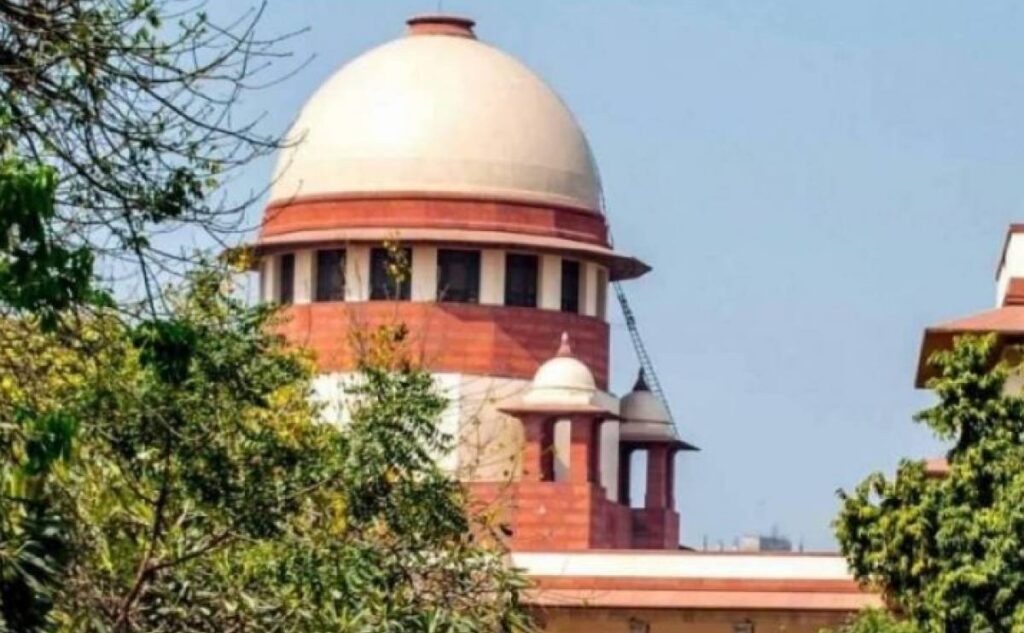Scolding Alone Not Abetment To Suicide, Rules Supreme Court In Student Death Case

Scolding Alone Not Abetment To Suicide, Rules Supreme Court In Student Death Case
New Delhi, June 2, 2025:
The Supreme Court has ruled that a mere scolding does not constitute abetment to suicide, setting aside a Madras High Court order that had refused to discharge a school official accused under Section 306 of the Indian Penal Code.
A bench comprising Justices Ahsanuddin Amanullah and Prashant Kumar Mishra discharged the man, who was in charge of a school and its hostel, in a case where a student died by suicide after being reprimanded over a complaint made by another student.
“No ordinary person could have imagined that a scolding—especially one made in response to a student complaint—would lead to such a tragic outcome,” the court observed. The bench added that the action taken by the accused was minimal and intended to address the concern raised, not to harm or humiliate the student.
If you or someone you know is struggling with suicidal thoughts, help is available. Contact the State’s health helpline at 104, Tele-MANAS at 14416.
The top court concluded that there was no evidence of mens rea, or criminal intent, on the part of the accused. It emphasized that under the admitted facts, the reprimand was not personal but rather a routine corrective measure aimed at maintaining discipline in the hostel.
“The scolding was the least that could have been done to ensure the complaint against the deceased was addressed, and appropriate measures taken,” the court said.
The accused, through his lawyer, argued that the action was justified and stemmed from a guardian-like responsibility, not from any malice. He maintained that there was no personal enmity between him and the deceased.
With this judgment, the Supreme Court has highlighted the importance of examining the intent behind actions in cases of alleged abetment to suicide, particularly in institutional settings.












